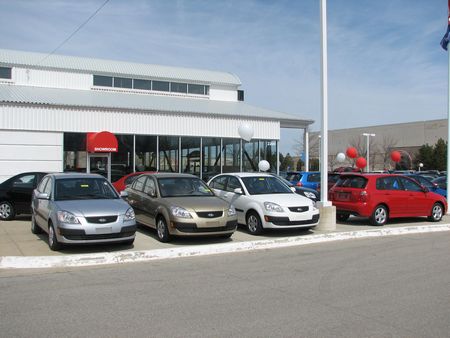Description:
Indirect sales is where selling of goods or services is conducted through other businesses such as retail shops, wholesalers etc. who then sell the product to the consumer. The advantages of this method is that they can reach more people as the wholesalers and retail stores have contacts and already may have loyal customers who they can sell the product to ensuring that it reaches more people. The disadvantages are that it involves other people which can lead to problems.
Indirect Sales Methods
Wholesalers
These are the businesses who sell goods to the retail stores who then sell it to the public. It is therefore indirect for the producer because they sell it to the wholesaler who then sell it to the retail stores who then sell it to the final customer. The wholesaler normally buys large quantities from the producer to sell to the retail stores as they buy it in bulk.
These are the businesses who buy from the wholesalers or sometimes straight from the producer, then sell the product to the final customer. These retailers can be supermarkets, department stores, multiple stores, inderpendent retailers and consumer co-operatives. Retailers have also got brand loyalty from their current customers meaning that the producers of the products can reach more people.
Agents
These are businesses that sell goods on behalf of other people. One of the main examples are estate agents who sell houses on behalf of people. They have methods of selling which makes them desirable such as big advertising resources and a brand name which people trust.
Distrinbutors and Dealers
These are an independent agent who's entered into an agreement to offer and sell the product of another company but isn't entitled to use the manufacturer's name as part of its business name.
Sierra Coffee Estates
SCE sells indirectly to consumers through other businesses brands, for example Nestle- who buys their coffee beans from SCE then manufactures them for their own brand name. This branded coffee is then sold to consumers through supermarkets and retail outlets. Meaning that the final sale of the coffee is indirect from farm where SCE gets the coffee to the consumer who buys it from a shop like a supermarket. I think that this method offers many benefits to SCE as it gives them more customers as they reach a lot through supermarkets, and also customers who use the brand, which means more sales through brand loyalty to Nestle for example.
There are some elements of indirect sales Haart Estate Agents as they can advertise houses in papers and on websites which in a way leads to sales, but the actual sale is still done through the company as their product is not one which could be sold to wholesalers.
Sainsbury’s doesn’t sell their own brand products indirectly as they sell all of their goods in their own stores exclusively meaning that customers cannot buy their products anywhere else.







This is so interesting blog. You are best listing knowledge provide at this site. I am very excited read this nice article. You can visit my Direct Selling Franchise website.
ReplyDelete